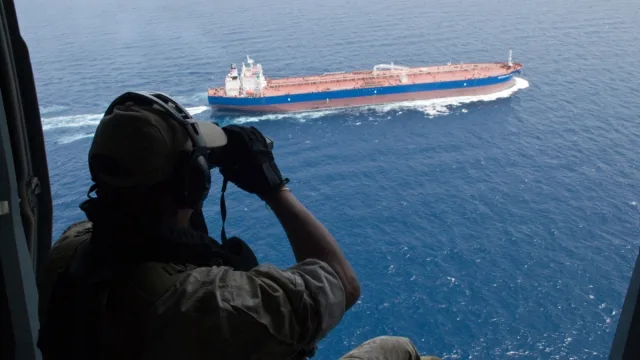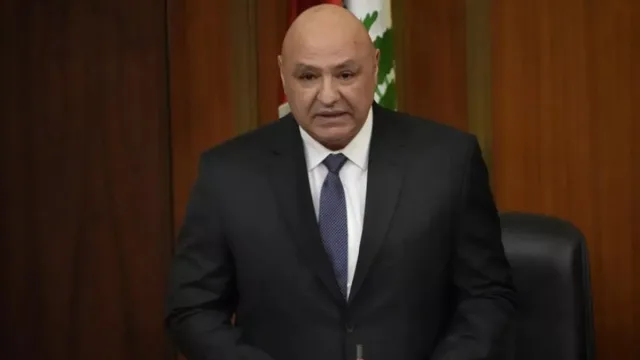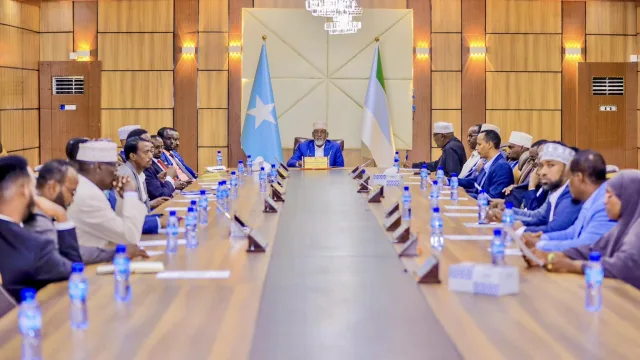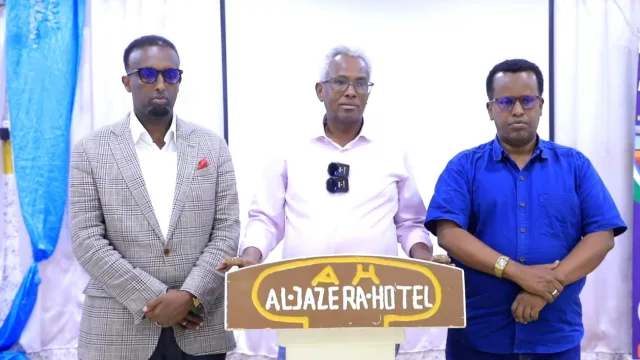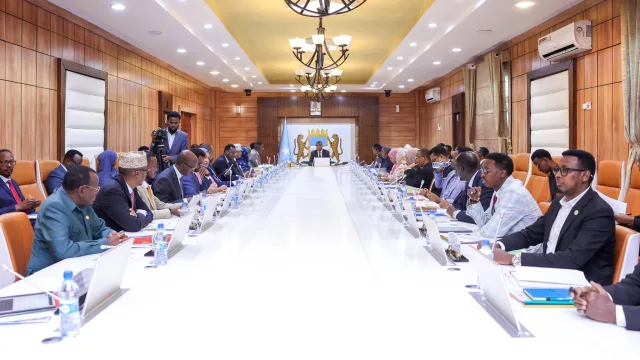With a four-day Africa tour by Turkey’s president having come to a close on Wednesday, Ankara…
With a four-day Africa tour by Turkey’s president having come to a close on Wednesday, Ankara enjoys a striking presence on the continent as a result of 20 years of efforts to improve relations, Anadolu News Agency reports.
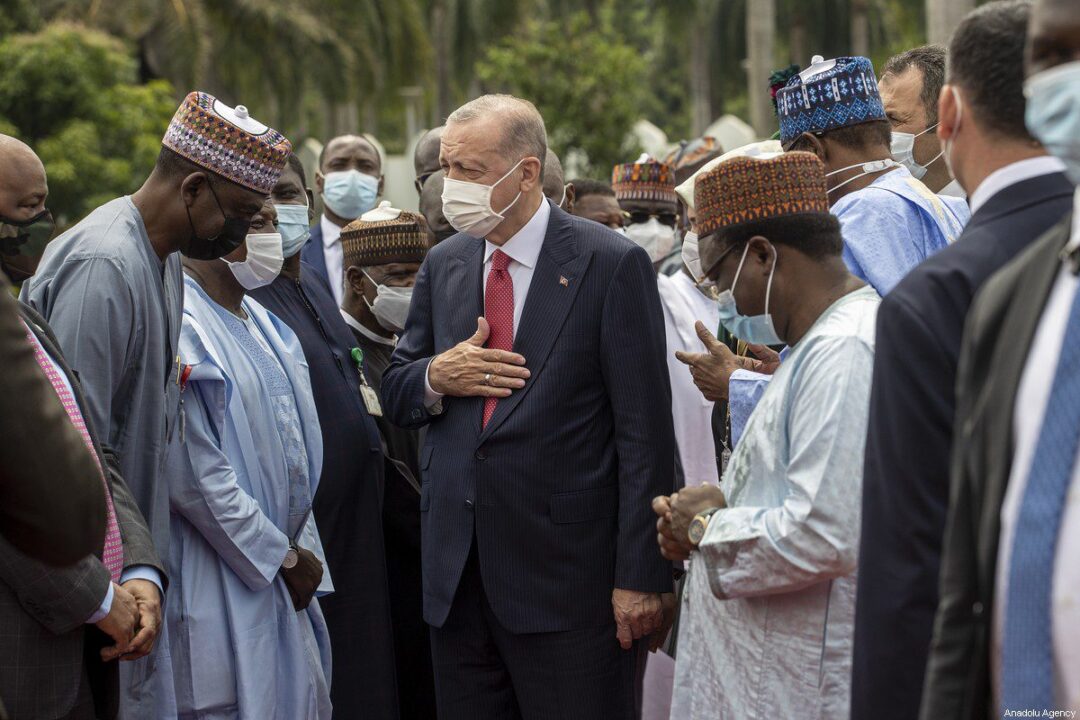
President Recep Tayyip Erdogan has paid official visits to 30 out of the 54 countries in Africa, with his latest tour on 17 – 20 October comprising Angola, Togo and Nigeria.
These visits have improved relations with African countries, while Turkish institutions and organizations active in different parts of the continent also having contributed to deepening and advancing ties.
Turkey has pursued its relations with African countries via diplomatic missions, as well as agreements on a variety of fields, and the activities of such institutions as the Turkish Cooperation and Coordination Agency (TIKA), flag carrier Turkish Airlines, the Yunus Emre Institute, and the Turkish Maarif Foundation.
The country launched its first embassy on the continent in Cairo, Egypt’s capital, in 1925, while its first embassy in Sub-Saharan Africa was in Ethiopia and opened in 1926.
Strengthening its diplomatic relations with the continent every year, Turkey has opened a total of 31 embassies across Africa since 2009.
Before then, Turkey had embassies in only 12 African countries— a figure that has increased to 43 through the following years.
Planning to open its 44th embassy in Bissau, the capital of Guinea-Bissau in West Africa, aims to increase the number of embassies on the continent to 50.
Turkish Airlines flies to over 60 destinations in Africa
In addition to its diplomatic ties with African countries, Turkey also has direct flights to many countries on the continent.
The carrier made its first flight to Africa in 1956 and now flies to 40 countries, with total destinations on the continent now numbering 61, with the latest addition of Luanda, the capital of Angola.
In the field of education, the Turkish Maarif Foundation is also active across Africa, with dozens of schools and dormitories.
The foundation, which provides education to 17,565 African students via its 175 educational institutions in 26 countries, also meets their dormitory needs with 18 such facilities.
Turkey also supports the needs of African students in higher education, with its Presidency for Turks Abroad and Related Communities (YTB) having given assistance to a total of 5,259 students across all countries in Africa between 2010 and 2019.
Currently, as many as 4,403 African students are studying at the undergraduate and graduate levels at universities in Turkey, with as many as 8,786 graduates from 51 African nations.
TIKA, Yunus Emre Institute serve Africans
TIKA and the Yunus Emre Institute both work to serve Africans via their projects in the fields of development and education.
TIKA, Turkey’s state-run aid agency, has 22 representative offices in Africa, through which it conducts its activities; the Yunus Emre Institute operates through its cultural centres in 10 countries.
The institute has offices in Algeria, Morocco, and Tunisia in North Africa; Somalia, Sudan, and Rwanda in East Africa and Senegal, Mauritania, and Gambia in West Africa. With its headquarters in the Nigerian capital of Abuja, it works to promote the Turkish language.
It is also active in culture and art, promoting cooperation with Africans in a variety of fields.
Military attaches in 19 African countries
Another major field of cooperation between Turkey and African countries is security, with Ankara having established military attaches in 19 countries.
Since 2016, Turkish troops have been serving with the UN Multidimensional Integrated Stabilization Mission in Mali (MINUSMA) to ensure peace and stability in the West African nation, as well as in the Central African Republic.
In 2017, Turkey established a joint task force command with Somalia, which is Ankara’s largest overseas military training centre. Military staff, who will form the backbone of Somalia’s armed forces, are being trained at this facility.
Meanwhile, military students in Libya continue to receive training from Turkish staff under a memorandum of understanding for security and military cooperation signed between the two countries in 2019.
